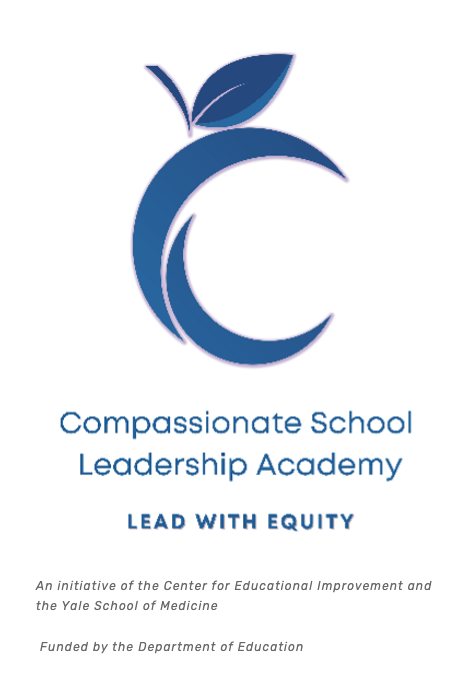43: Developing Culturally Sensitive and Responsive Educators
“One of my black colleagues asked, ‘What are you going to do, Gary? What’s your work?’ And I said, ‘Well, I want to work in the black community.’ And he said, ‘That is not your job. Your job is to go back to the people you came from and teach there.’” — Gary Howard
Guest
Gary R. Howard, Ph.D., has been supporting individuals and organizations in the deeper work of personal, professional, and systemic transformation for the purpose of achieving social justice and equity in our schools and our nation.
Gary Howard is the president and founder of the REACH Center for Multicultural Education in Seattle, Washington. He is the author of We Can’t Teach What We Don’t Know 3rd Edition and We Can’t Lead Where We Won’t Go: An Educators’ Guide to Equity.
Summary
In this conversation, Gary Howard invites listeners to engage in reflective thinking about our racializing experiences. He begins by sharing his story of growing up as a White male in cultural isolation to becoming more culturally responsive during his collegiate years in New Haven, Connecticut. Howard emphasizes the importance of a multiethnic, multireligious, multigender teaching corps to understand that the work of personal transformation goes beyond just being culturally aware, beyond multicultural content and conversations about differences. It is about the deeper work of acknowledging how our racializing experiences may impact our practice and how we relate to ‘others’ in ways we are not consciously aware of.
Key Topics
Racial and cultural awareness for educators. (4:26)
Race, racial awareness, and personal growth. (6:51)
Education, race, and elitism at Yale University. (10:19)
Racial inequality and privilege in the 1960s. (14:35)
Racial trauma, education, and cultural heritage. (19:10)
Teaching white kids about race and history. (24:09)
Racial identity development and teacher preparation. (29:47)
Race, identity, and social justice. (36:55)
Education, identity, and leadership. (45:43)
Teaching and preparing students for the real world. (53:04)
Education, student agency, and curriculum development. (55:18)
Mental health, equity, and student well-being in schools. (58:03)
Mental health and wellness in education. (1:03:24)
In his own words – post-interview Q&A with Gary Howard
Are you looking to foster a more inclusive and compassionate school environment? Learn more about the Compassionate School Leadership Academy (CSLA)! The CSLA prepares school leaders in high-need districts to implement trauma-informed practices in the classroom to meet the urgent mental health needs of American children.
Gain insight into your school culture. The CSLA is supported by a customized assessment tool—the School Compassionate Culture Analytical Tool for Educators (S-CCATE)—designed to gauge and change school cultures to ensure more equitable and compassionate school practices.
To learn more and complete the S-CCATE, click here:
https://yalesurvey.ca1.qualtrics.com/jfe/form/SV_3OAA0IZvvzWGkw6





